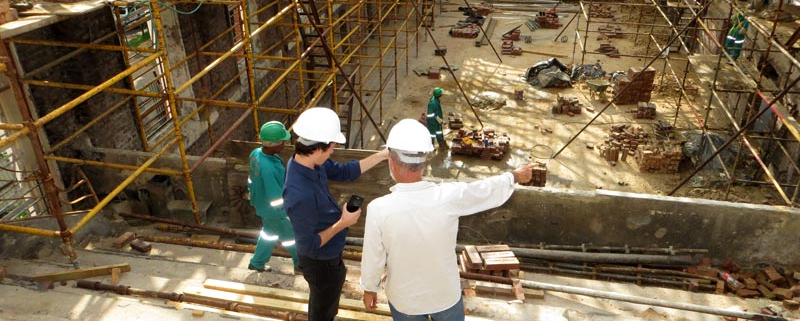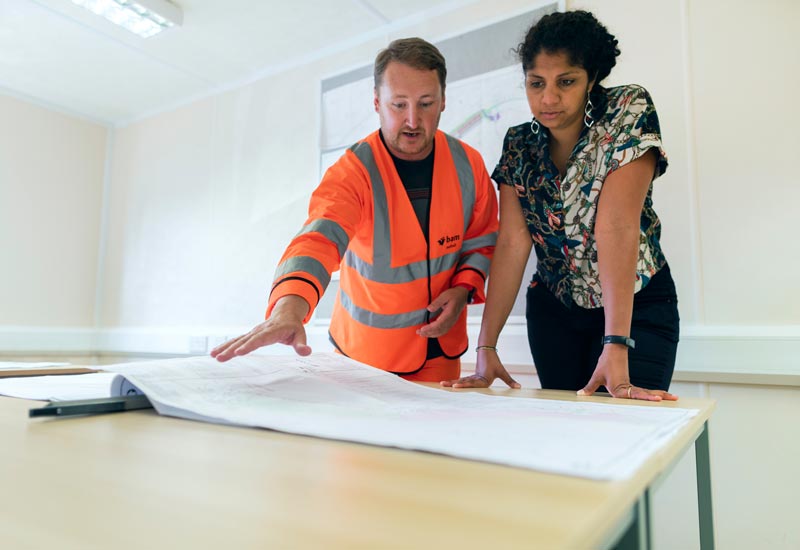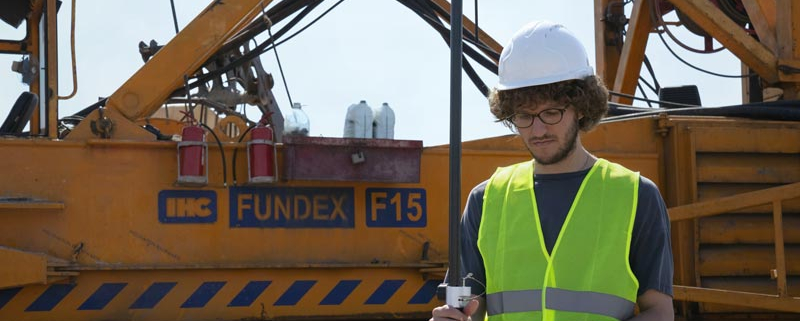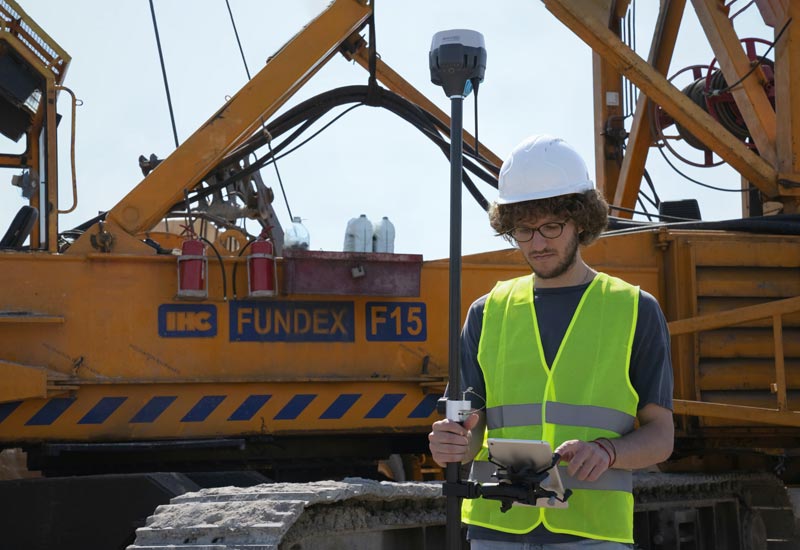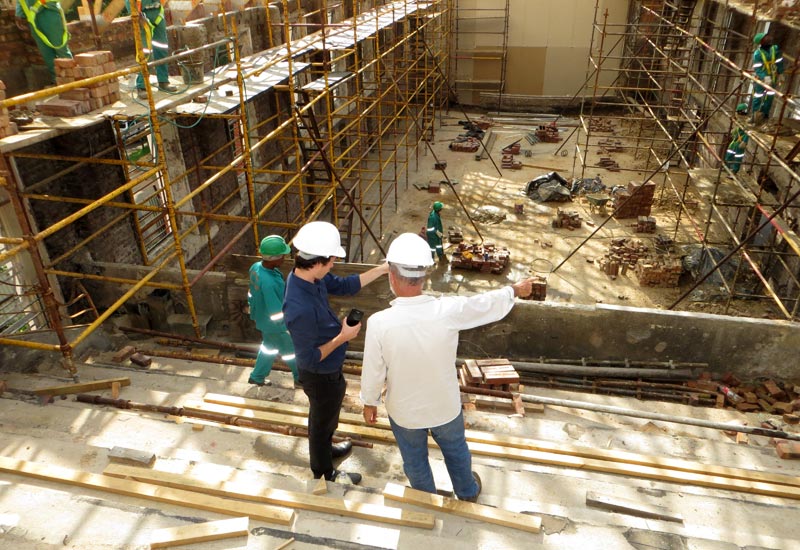
Starting a career in construction project management can be daunting for anyone. Like with all careers, there isn’t one route that works for everyone. The way people find their career path varies.
Speak to anyone in any industry and they will have their own story. There are however, some consistencies across multiple industries and routes into work. They begin with entry level roles, and move deeper into other avenues of education and on the job training.
Entry level construction project management roles
As with all industries, there are entry level roles that can help you get started in your career in construction project management.
The first entry level construction project management role would be a trainee position. This would require you to have some experience within the construction industry. However you will not be solely responsible for all the tasks of a construction project manager. You will learn from the people above you as you train.
Another entry level position is a project assistant. This role would require you to assist the project manager in their tasks and help with the overall workload.
How to start a career in construction project management
There are two identifiable routes to starting your career in construction project management. No matter how many people you speak with; they will have taken one or a combination of the two routes into their careers.
Route one – Academic
The first route you can take into construction project management is the academic route. This is where you tailor your education after GCSEs to build towards your career in construction project management. From specific A levels such as Maths, IT and Business courses into undergraduate degrees and postgraduate degrees at University.
You may then also wish to take on various other degrees and accreditations within the industry to further bolster your academic records.
This route isn’t for everyone as it requires the time spent in education where coursework and exams are part of the process.
Route two – Work your way up
An alternative route is through experience and working within the construction industry directly. Here you will look at more vocational ways of training. That would be through on the job training with additional courses to supplement your qualifications. Or alternatively, some construction firms may offer apprenticeship level courses.
Working your way up through the ranks holds a lot of merit as you have direct experience working in each aspect of the projects you would be managing in the future.
The vocational way of getting into construction project management may take more or less time depending on the industry at the time. When there is an increase in demand for construction project managers you may find yourself thrust into the position.
Going the vocational route doesn’t mean you won’t have access to additional courses which you can take to supplement your experience. These courses can be done in your own time and are less pressured than traditional academic routes.
No matter how you want to get into construction project management, finding the right recruitment agency to help you in your career is essential. Here at FBR, we work with you to find the right role with the right company.
View our Jobs Board now to see what roles we have on offer. Already found something you like? Contact us now.

